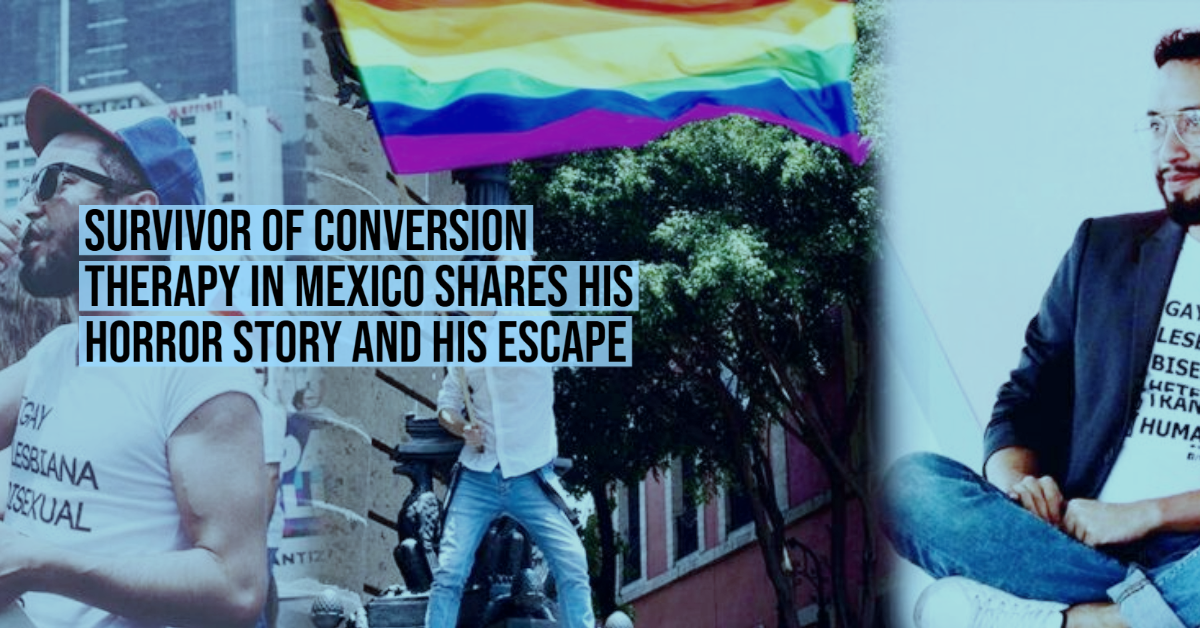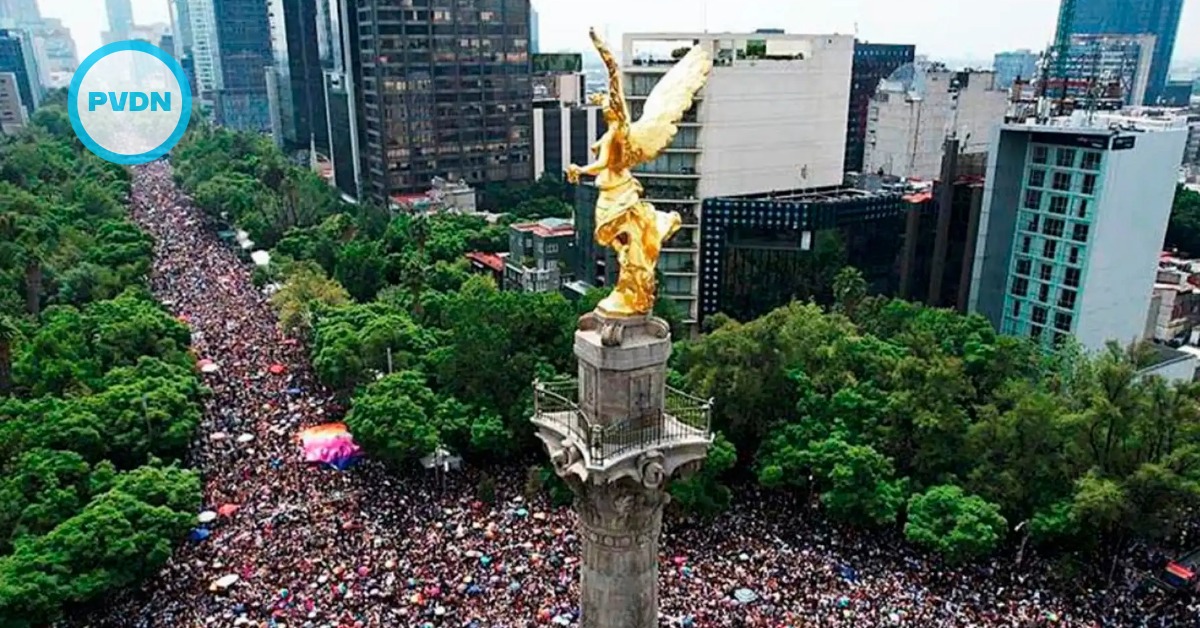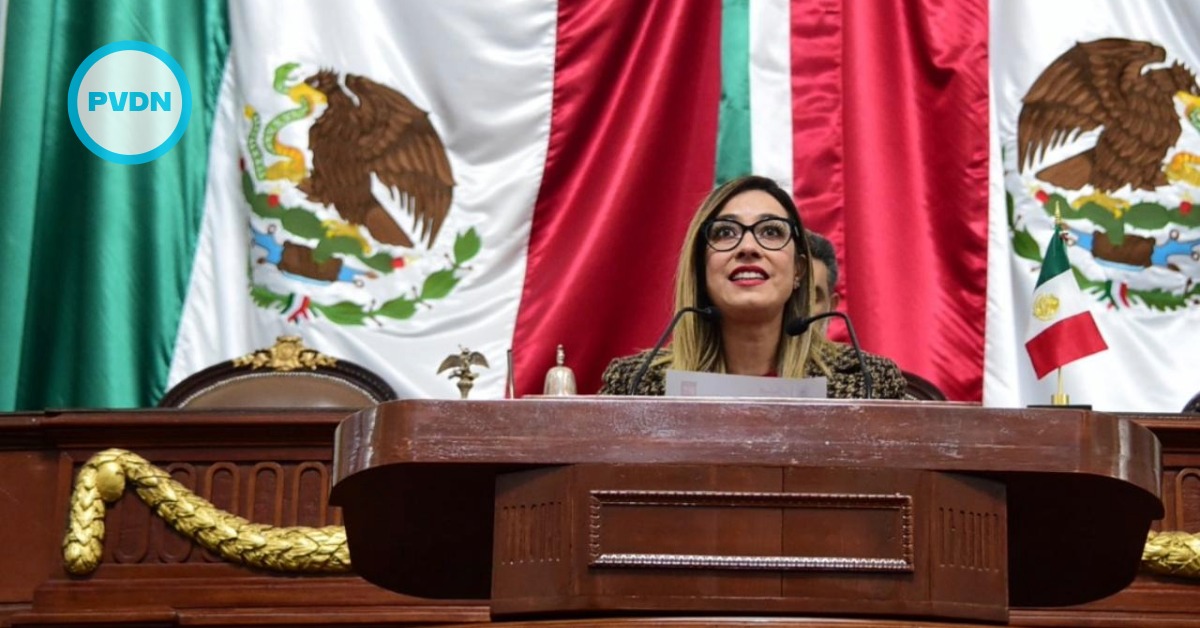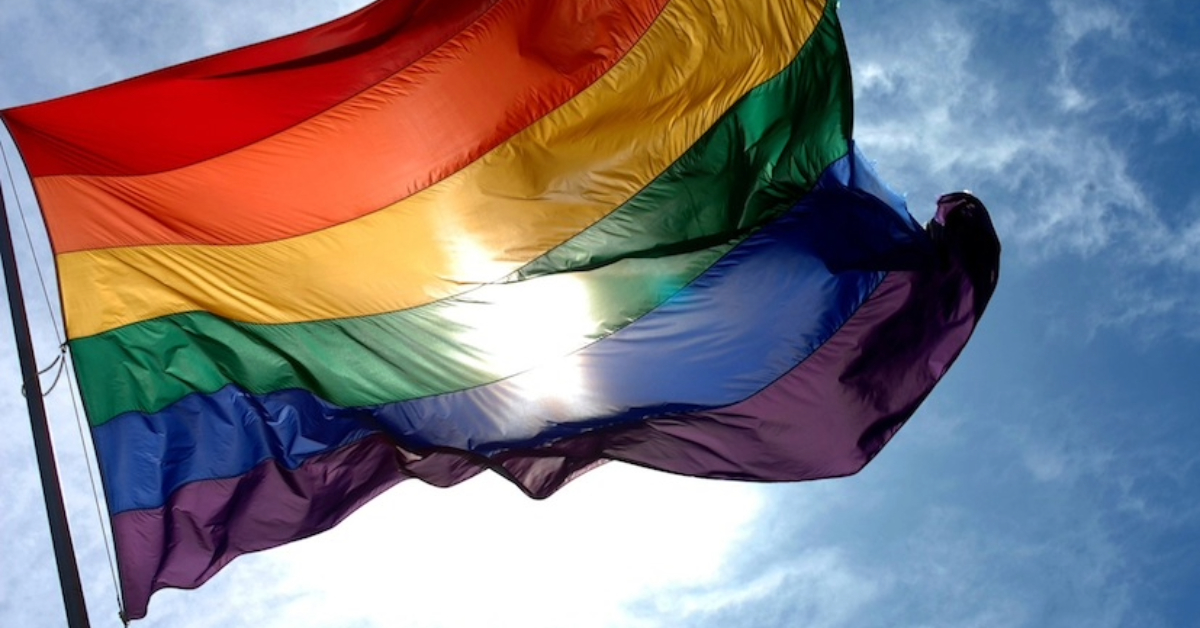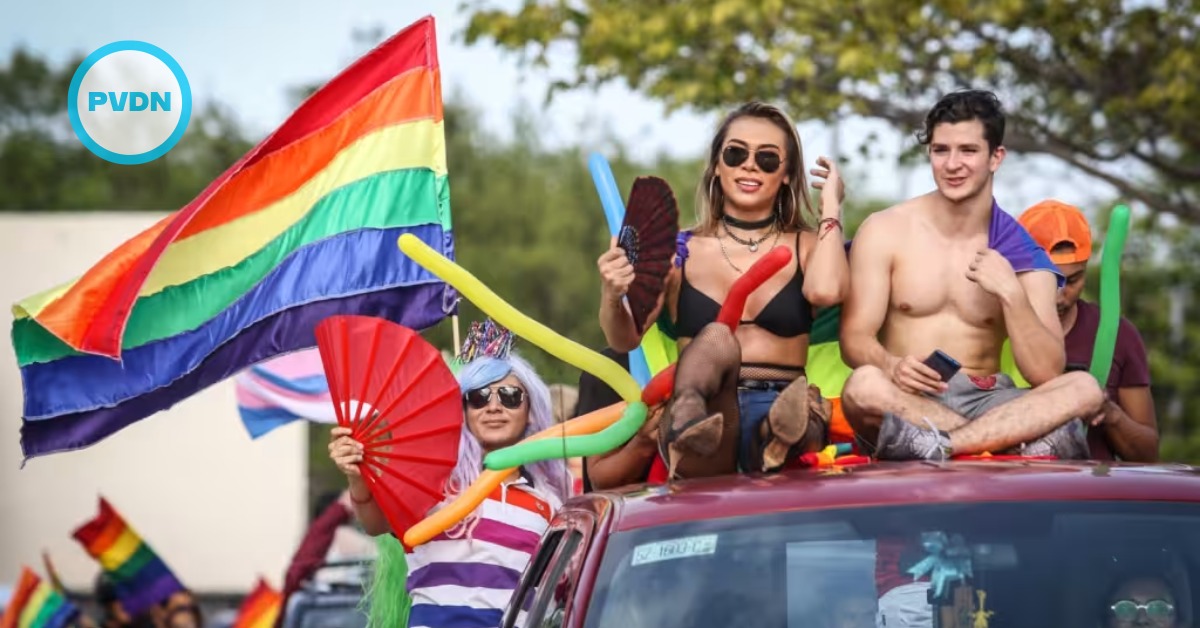Iván Tagle was only 15 years old when he was kidnapped and forced to admit, by cruel, inhuman, and degrading torture, that he was "sick". Jazz Bustamante had turned 21 when she went to a spiritual retreat where they removed her makeup, her suitcase, and forced her to kneel on the ground until she "gave up her homosexuality."
Both are survivors of ECOSIG, clandestine centers that operate in Mexico without the interference of authorities. Broken down, the term means "Efforts to Correct / Suppress Sexual Orientation and Gender Identity", and in these centers, LGTBI + people are harassed . . .


